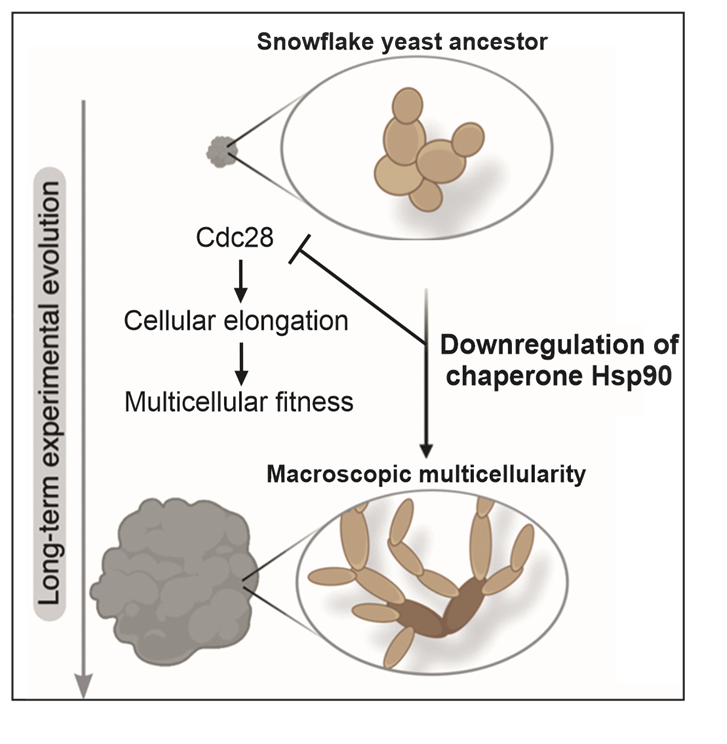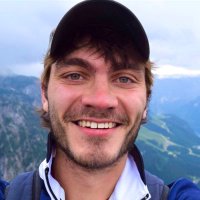
Thomas Day
@thomas_day_
Forever a student. Always seeking to learn more about the world.
ID: 1365688745048100866
27-02-2021 15:42:37
21 Tweet
73 Followers
78 Following

We (Thomas Day, Ali Dahaj, David yanni, @TonyBurnetti, Will Ratcliff, Stephanie Hohn, and Ray Goldstein) have a new preprint on universal packing statistics in multicellularity. We also explain what multicellularity shares with piles of sand! (1/N) biorxiv.org/content/10.110…

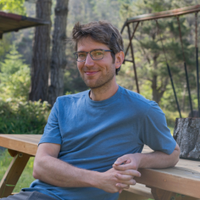

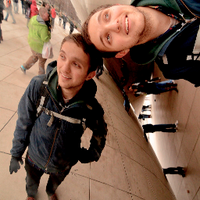

New paper out in eLife - the journal today, led by grad student Thomas Day and Yunker Lab, in collaboration with Ray Goldstein, Stephanie Hohn, and a number of others from our three groups. elifesciences.org/articles/72707

New Featured Review from BPR: Will Ratcliff, GT School of Physics aippub.org/3zSJ2vx
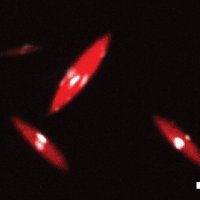

A journey of a lot of collaboration, hard work and microscope time has just been published in Nature! Congrats to these folks, I am incredibly lucky to be a part of this project. Will Ratcliff @ozan_g_b Yunker Lab Ali Dahaj and others I missed. Article: nature.com/articles/s4158…


Perspective: Proliferating active matter By Oskar Hallatschek, Sujit S. Datta Datta Lab, Knut Drescher, Jörn Dunkel, Jens Elgeti, Bartek Waclaw & Ned S. Wingreen rdcu.be/ddqwS



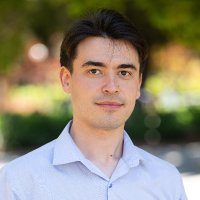
Very excited our recent work with Daniel Fisher and Devaki Bhaya on long-term coevolution of natural cyanobacteria is up on bioRxiv. Instead of diverging into specialist strains, we find different species slowly merge on timescales of 100k years. (1/n) doi.org/10.1101/2023.0…
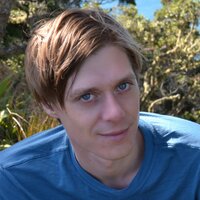
Peer-reviewed version in Nature Communications of our (Yashraj Chavhan Sutirth Dey) paper on experimental evolution of bacterial multicellularity by genetic assimilation of phenotypically plastic cell clustering nature.com/articles/s4146… Don't miss the new supplementary movies!

Check out this beautiful gif of a snowflake yeast growing on the TomoCube taken by Andrea Herman. Dot in the upper left is a 10um bead, used to make a thin chamber. @tomocubeinc Marine Biological Laboratory (MBL) #Physio23





